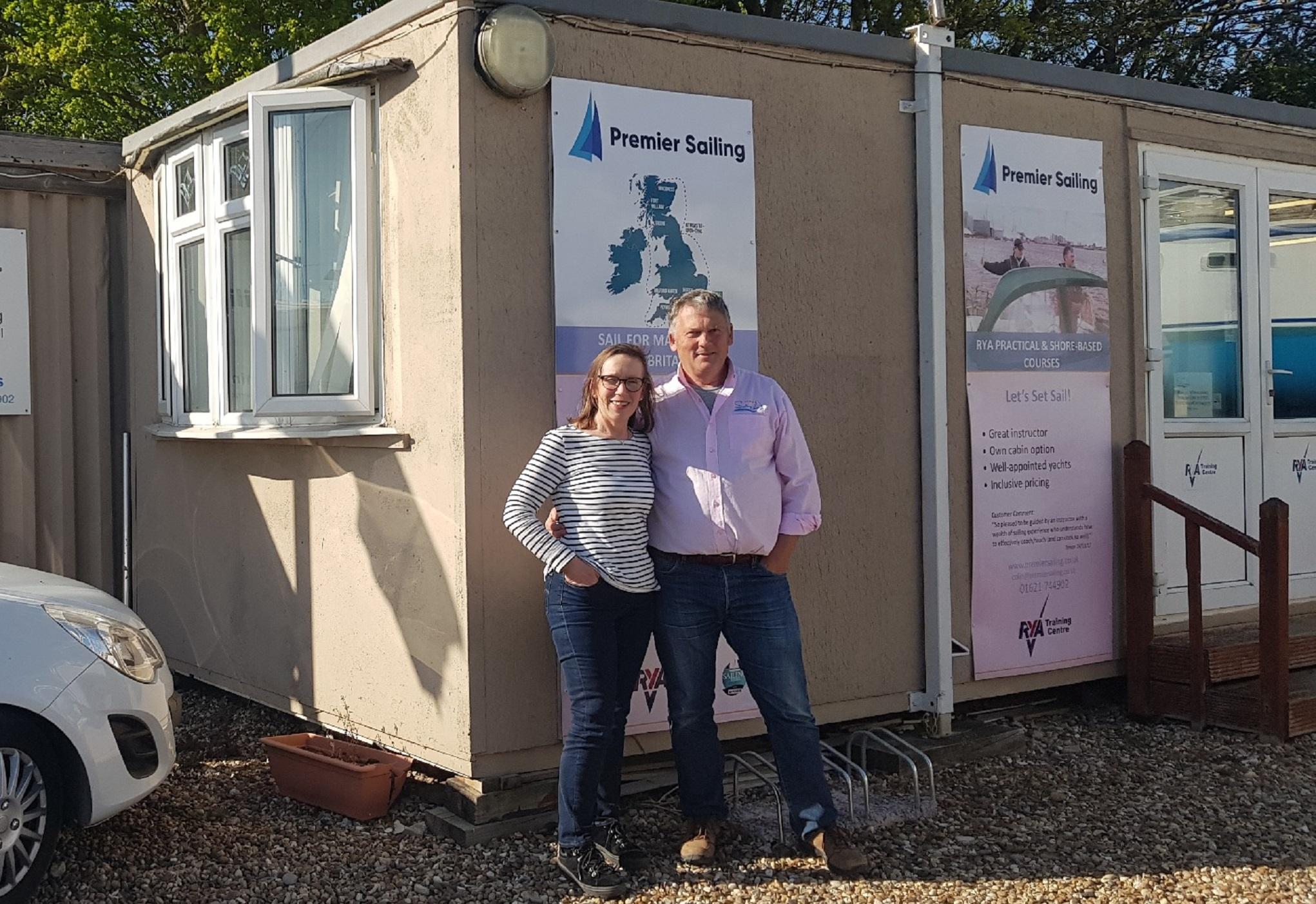Flaw in government’s coronavirus small business grants scheme leaves hundreds of thousands of small firms all at sea
Exclusive: Many small firms operate from properties where the landlord handles business rates, leaving the firms themselves unable to claim the local council-administered grant

Small companies across the UK are unable to access the Government’s £12bn grants fund for small firms because of an “anomaly” in its design.
The Government established the Small Business Grant Fund last month offering one-off £10,000 grants to firms operating from properties that are eligible for small business rate relief.
The purpose of the grant is to help small firms cope with the often disastrous impact of the state-ordered anti-Covid-19 lockdown on their sales.
But many small firms operate from properties where the landlord handles any business rate charges or relief claims on their behalf, leaving the firms themselves unable to claim the local council-administered grant.
“This is totally perverse,” said Kevin Cunliffe who runs a printing company called Smart Fleet Media in Warrington, Cheshire.
“We pay business rates through our rent and receive nothing. Identical small firms that claim business rates relief and pay no business rates receive £10,000.”
Colin Stracey who runs a sailing school in Essex called Premier Sailing rents a small office space in the Fambridge marina and finds himself in the same situation.
“When I first heard there was a grant I thought ‘that’s brilliant, this will help us survive without taking out a loan’,” he says.
But when Mr Stacey made inquiries he was told the company was ineligible because it did not claim business rates relief directly.
“When I realised I couldn’t get it I did think about expletives,” he says.
When The Independent put these cases to the Department for Business a spokesperson suggested that such companies should try to ask landlords to claim the grants and pass them on.
Yet often the properties that these landlords run are subdivided into many units and the overall estate has a rateable value that is higher than the threshold for claiming the grant, making them ineligible in any case.
The retail estate adviser Altus estimates that there are 1.16 million micro businesses in the UK with between 1 to 9 employees. But there are only around 720,000 properties liable for business rates relief or reduced rates.
Small companies without physical business premises – such as those that are run from people’s homes – are also ineligible. That means that potentially hundreds of thousands of small firms are missing out on the grants.
“The Government had to act decisively and quickly to help with the liquidity of small business and the business rates system offered a simple mechanism for that,” said Robert Hayton, Altus’s head of UK business rates.
“This simplicity has created some anomalies leaving certain types of business behind.”
The Federation of Small Businesses acknowledged the anomaly in the grant scheme and suggested landlords should offer financial support to their struggling tenants who are unable to claim the grant.
“Landlords must play their part at this time of national emergency,” said the Federation’s chairman Mike Cherry,
“We’d remind struggling small firms that they have eviction protection and, if struggling, should speak to their landlord about rent holidays or deferrals.”
A Business Department spokesperson did not address the anomaly or say that action would be taken to close it, but stressed the other financial support the Government was offering to small firms.
“Businesses must be ratepayers on a property in order to be eligible for Small Business Grants, which are designed to assist them with ongoing fixed costs,” the spokesperson said.
“We are providing further support by paying 80 per cent of wages for furloughed workers to deferring VAT payments until the end of June.”
The Treasury has given £12.3bn to local authorities in England to distribute as part of the grant scheme. As of 20 April £6.1bn had been paid out to some 490,000 business properties, according to published data.
Small companies are eligible to use the government’s furlough scheme, whereby 80 per cent of the wages of employees will be covered. Some 140,000 companies applied on Monday when the scheme opened.
Small firms are also able to apply for 12 month interest free loans from private banks which have an 80 per cent state guarantee, although many report difficulties accessing these liquidity lines.
According to UK Finance, which represents lenders, as of 14 April, only 6,000 loans had been made, despite 28,000 formal applications and more than 130,000 inquiries.
The small business grant scheme was first unveiled by the Chancellor, Rishi Sunak, in the 11 March Budget. The size of the individual grant available was increased from £3,000 to £10,000 on 17 March.
On that later date the Chancellor said: “The interventions I am setting out today will help support businesses of all sizes – so they can continue operating during these unprecedented times.”
Subscribe to Independent Premium to bookmark this article
Want to bookmark your favourite articles and stories to read or reference later? Start your Independent Premium subscription today.

Join our commenting forum
Join thought-provoking conversations, follow other Independent readers and see their replies